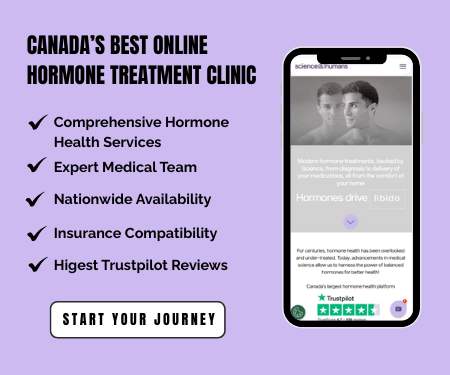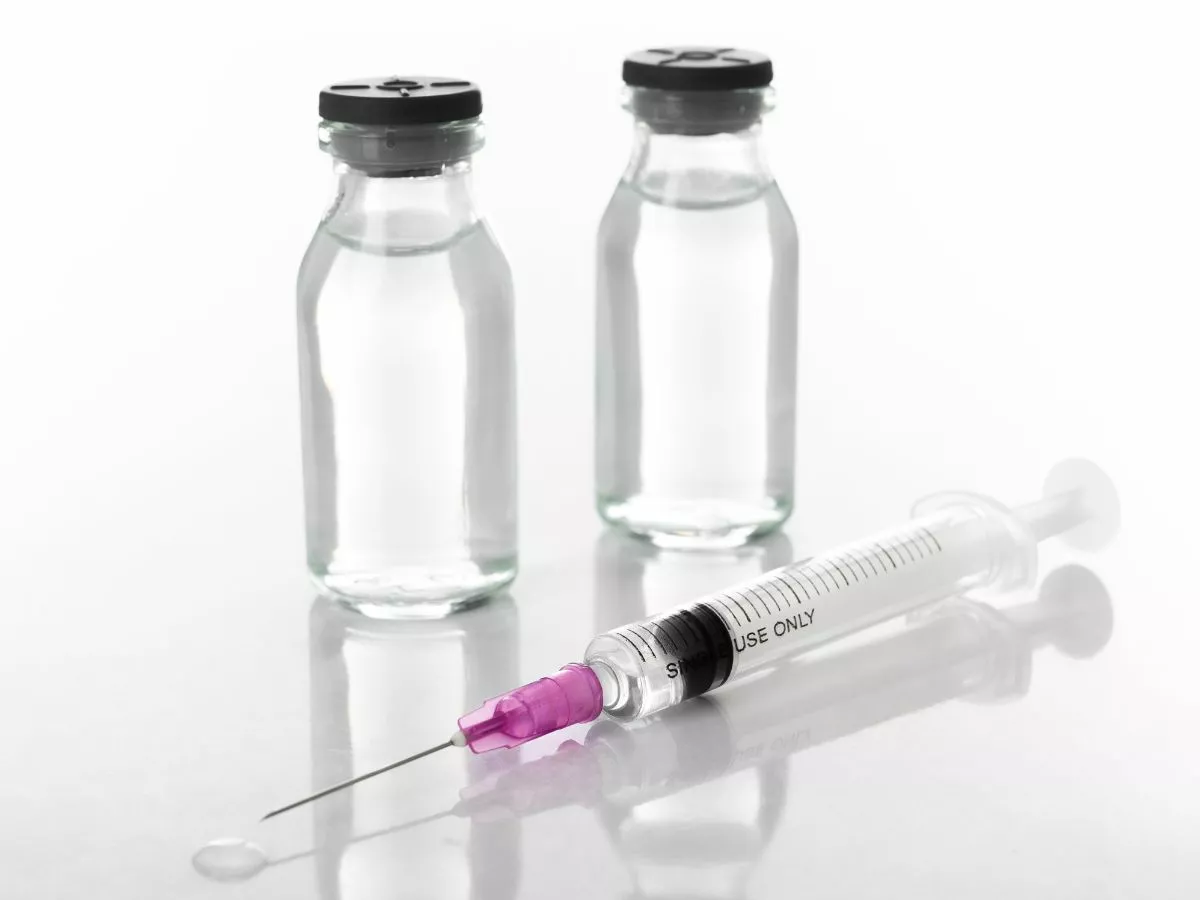Testosterone Replacement Therapy (TRT) has become a lifeline for many men experiencing the adverse effects of low testosterone (Low-T) or hypogonadism. Symptoms such as erectile dysfunction (ED), reduced muscle tone, low libido, and mood swings can significantly affect a man's quality of life. For Canadian men considering TRT, the decision often comes down to two primary options: testosterone creams and injections. This guide delves into the benefits, drawbacks, and considerations of each method, helping you make an informed choice tailored to your lifestyle and health needs.
Understanding Testosterone Replacement Therapy
Testosterone plays a vital role in male health, influencing muscle mass, bone density, mood, and sexual function. TRT aims to restore testosterone levels to a normal range, alleviating symptoms of deficiency. Before starting TRT, it is crucial to consult with a healthcare provider to confirm a Low-T diagnosis through blood tests and evaluations.
Key Benefits of TRT
TRT can lead to noticeable improvements, including:
- Enhanced muscle mass and strength
- Increased energy and better mood
- Improved sexual function and libido
- Better cognitive function and overall sense of well-being
Testosterone Creams: A Convenient Option
Testosterone creams are a popular choice for their ease of use and steady hormone release. They provide a consistent dose of testosterone, avoiding the peaks and troughs commonly associated with injections. Here's what you need to know:
Benefits of Testosterone Creams
- Painless Application: Simply apply the cream to clean, dry skin on areas like shoulders, forearms, or inner thighs.
- Steady Hormone Levels: The slow absorption ensures a constant release, preventing mood swings and other fluctuations.
- High Bioavailability: Creams enhance the release of dihydrotestosterone, which can improve erectile strength and sexual performance.
- Convenience: Ideal for those who prefer a non-invasive, daily routine.
Considerations for Testosterone Creams
- Consistency Required: Must be applied daily at the same time for optimal results.
- Absorption Time: It takes up to 90 minutes for full absorption, during which activities like showering or sweating should be avoided.
- Contamination Risk: There’s a risk of transferring the cream to others, particularly pregnant women and children, which requires diligent hand washing and careful handling.
Testosterone Injections: A Traditional Approach
Injections are one of the oldest and most effective forms of TRT. They deliver a potent dose of testosterone directly into the bloodstream, making them a dependable option.
Benefits of Testosterone Injections
- Quick and Effective: Injections provide a rapid boost in testosterone levels, often leading to noticeable improvements in muscle mass and strength
- Less Frequent Dosing: Depending on the prescribed regimen, injections may only be required every one to two weeks.
- Cost-Effective: Generally, injections are more affordable than creams.
Considerations for Testosterone Injections
- Fluctuating Levels: The testosterone levels spike after an injection and gradually decline, which can cause mood swings and other symptoms.
- Pain and Discomfort: Injections can cause soreness and may lead to scar tissue buildup with long-term use.
- Higher Risk of Side Effects: Regular monitoring is essential due to the risk of elevated red blood cell counts and prostate enlargement.
- Self-Injection Challenges: For those administering injections at home, there’s a learning curve for handling syringes and needles.
 |
||
Get TRT at 1 CADTake our online test and check if you are eligible for our hormone therapy. This allows our medical team to analyse your blood test and confirm if you’ve qualified for treatment. |
Comparing Creams and Injections
Making the Right Choice
The decision between testosterone creams and injections largely depends on individual preferences, lifestyle, and health considerations. For those who value convenience and minimal invasiveness, creams are an excellent option. However, if you’re looking for a cost-effective, high-impact solution with less frequent application, injections might be the better choice.
Key Factors to Discuss with Your Doctor
- Existing medical conditions (e.g., diabetes, cardiovascular issues)
- Current medications or supplements
- Lifestyle factors, including daily routines and activity levels
- Risk tolerance for side effects
Comparing Creams and Injections
For Canadian men exploring TRT, both testosterone creams and injections offer unique benefits and drawbacks. The right choice will depend on your health profile, lifestyle, and treatment goals. Consulting with a healthcare provider is essential to tailor a TRT plan that aligns with your needs, ensuring safe and effective management of Low-T symptoms. Whether you prioritize convenience, cost, or muscle-building capabilities, there’s a solution that can help you reclaim your vitality and well-being.




